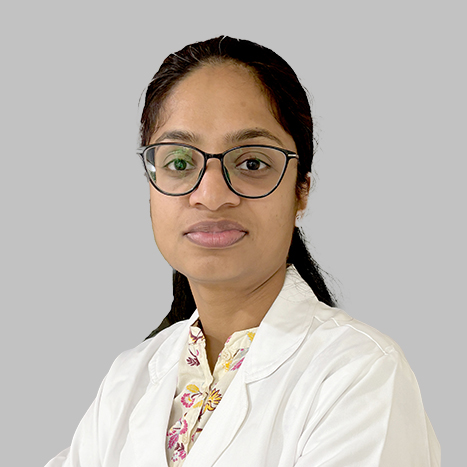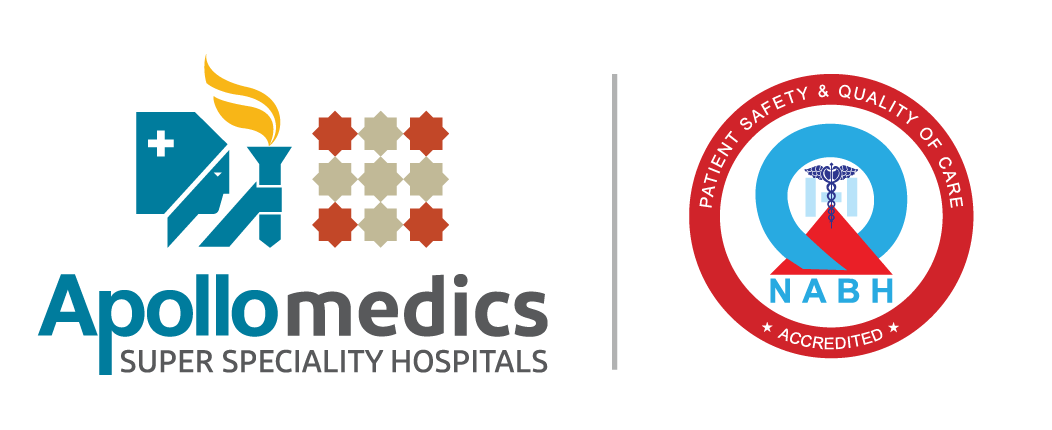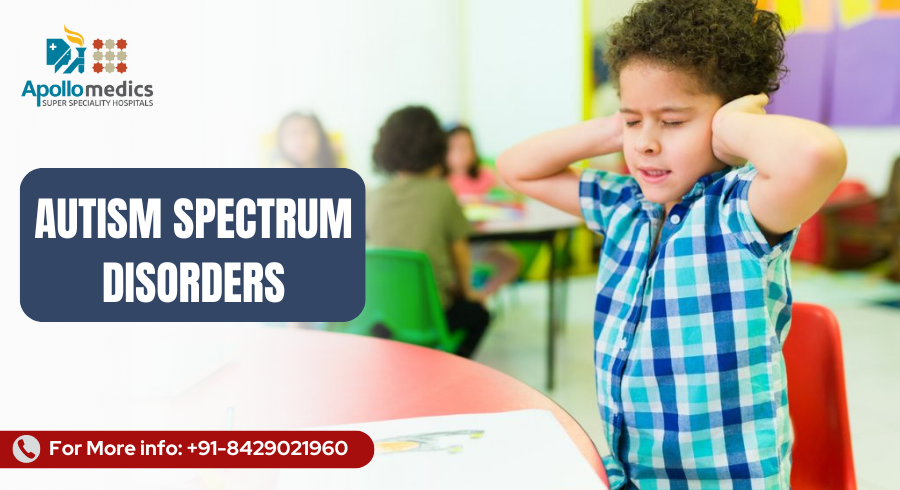Written By – Dr Sahana Nagraj (Associate Consultant, Psychiatry)
Introduction:
“My 3-year-old son doesn’t like it when I hug him. He seems to enjoy his own company so much that he doesn’t even turn around when we call out. Spinning the wheels of his toy cars seems to fascinate him more than playing with his cousins. He hasn’t once looked in my eyes and addressed me as ‘mamma’,” lamented a helpless mother. She felt like her world came to a sudden stop when a colleague suggested that the child might have Autism.
Such is the emotional turmoil caused when the word ‘Autism’ is thrown at a parent out of the blue. Here, let’s venture into understanding Autism better and finding explanations for some common questions one might harbour.
What is Autism?
Autism is a neurodevelopmental disorder characterized by differences in social interaction, communication, interests and behaviors. It is not a disease but a developmental condition which means that the growth and development are different from what is typically expected.
How common is it?
Worldwide, 1 in 100 children has autism. Studies show that the number of children diagnosed with Autism may be increasing steadily.
How do I identify features of autism?
Autism is not a single entity but belongs to a spectrum indicating that the symptoms are not the same for every child. Features of Autism commonly appear between 2 and 3 years of age. To the trained eye, it may be evident earlier. Difficulty in communication, especially social interaction, odd and atypical patterns of behaviors and interests, and unusual reactions to sensations such as sounds, lights, taste, touch and smells are common characteristics of Autism.
What causes Autism?
Some genetic and environmental factors can interact in a complex way to cause Autism. The risk factors may be different for each individual with Autism. Although what causes Autism hasn’t been delineated, it has been demonstrated by multiple scientific studies that vaccines do not cause Autism.
Who should be approached with these concerns?
These issues need to be discussed at every well-baby check-up with your Pediatrician and a short Questionnaire might be able to guide if a specialist evaluation is required or not. An experienced Pediatrician or Child Psychiatrist may be consulted for detailed evaluation.
How is autism diagnosed?
A screening questionnaire filled out by parents is commonly used to determine the risk of development of Autism. If a risk is medium to high, a detailed assessment may be conducted by the treating team. Unless there are other disorders associated with Autism such as epilepsy, genetic disorders, nutritional disturbances, metabolic imbalance, etc., no other laboratory tests may be needed.
Are there treatments available?
Early intervention is a therapy that is proven to significantly help young children with Autism. It includes different approaches to tackle the needs of the child. The emphasis is on initiating therapy as early as possible to reap the most benefits. Tailoring the treatment for each child helps to address unique difficulties they might be facing.
Can Autism be cured?
There is no cure for Autism as it is not a ‘disease’. The abilities and problems of children with autism vary widely and evolve with time. Neurodiversity views Autism as a variation of human behavior and strives to celebrate the unique skills and perspectives of those with Autism. Rather than cure focus should be on encouraging innate abilities, skills development and support
Doctor’s Profile




